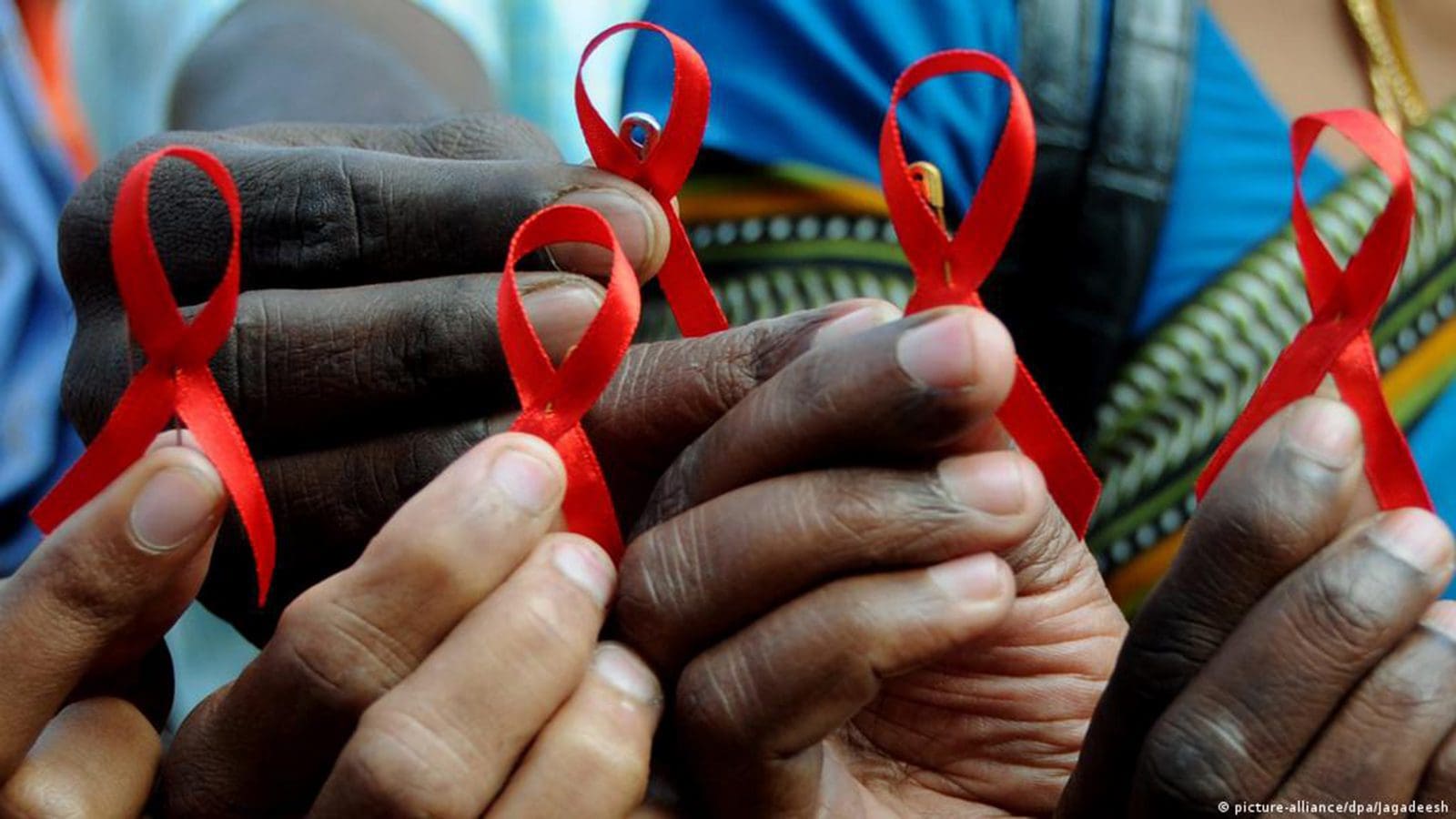The Uganda AIDS Commission has confirmed that the introduction of a new HIV prevention injection, known as cabotegravir (CAB), is scheduled for January next year. This single antiretroviral drug is administered as an intramuscular injection every two months to mitigate the risk of HIV transmission.
Daniel Byamukama, the head of HIV prevention in the commission, noted that this injection’s protective effects last for two months, making it effective in preventing HIV transmission during that period, even if individuals engage in sexual activity with an HIV-positive partner. The authorities have prepared for the injection’s introduction and are awaiting approval from the National Drug Authority for its public availability.
The US Centers for Disease Control and Prevention, in 2021, recommended CAB for Pre-Exposure Prophylaxis (PrEP) for adults at risk of HIV infection through sexual contact (grade IA).
Byamukama also reported a decrease in the number of new HIV cases and deaths, with the current rate of 1.3 positive cases in the country, predominantly among individuals aged 15 to 29.
Furthermore, the World Health Organisation released guidelines in July 2022 endorsing the use of long-acting injectable cabotegravir (CAB-LA) as pre-exposure prophylaxis (PrEP) for HIV. These guidelines encourage countries to consider CAB-LA as a safe and highly effective HIV prevention option for individuals at substantial risk of HIV infection. They are intended to support countries in incorporating CAB-LA into their comprehensive HIV prevention strategies and promote the necessary operational research.




















